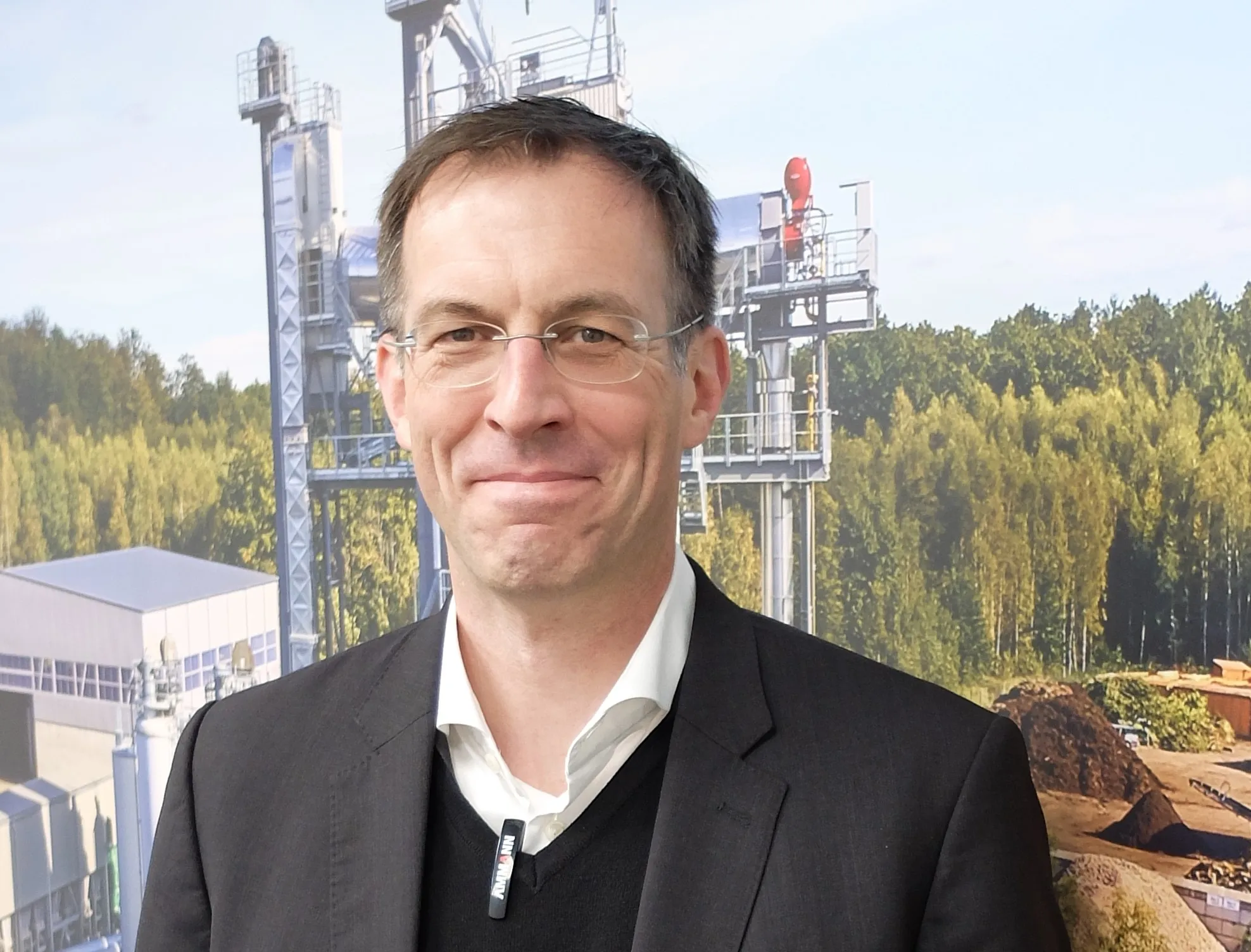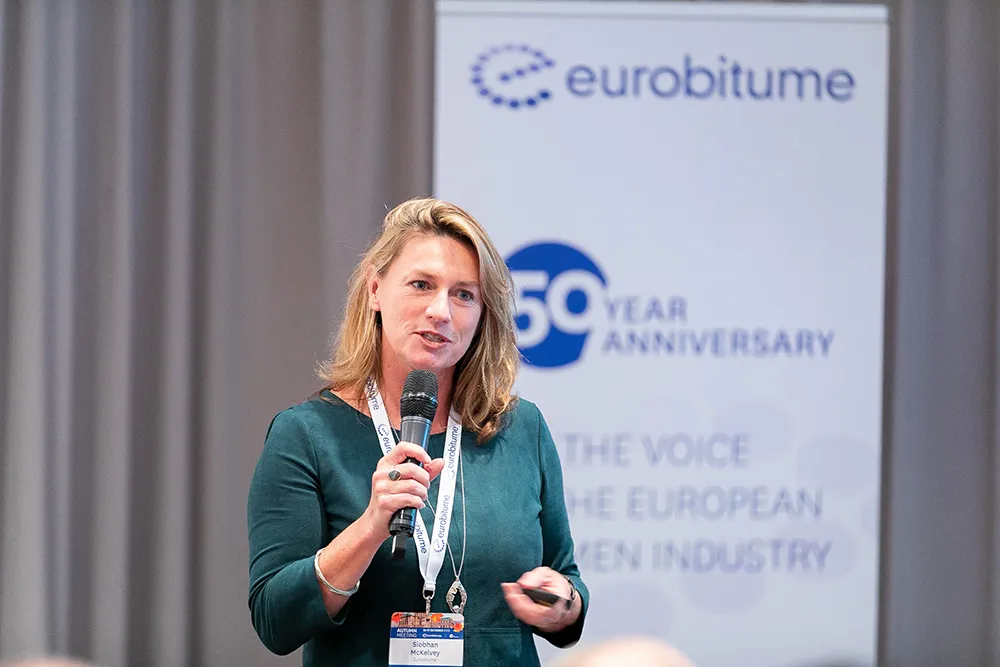
The Ammann Group is investing heavily in new technologies that will help reduce the environmental impact of construction and to achieve net zero. Hans-Christian Schneider is CEO of the Ammann Group and says that focussing on making asphalt production a greener process is a key driver in reducing climate change emissions.
He said, “The asphalt mixing process, with the temperatures you need to reach, is relatively energy intensive.”
Schneider explained that as a result, using a green energy source to fuel asphalt mixing is a logical step, “This is why we’ve invested so much.”
The use of hydrogen to fuel asphalt plants is seen as a way ahead for the construction sector. Schneider said, “The technology on the plant has been developed and is working. The much bigger question is the availability of hydrogen in the quantities needed and green hydrogen is vital. That is a very big question.”
Distribution of green hydrogen presents further challenges. He said that in Germany for example there are plans for large hydrogen production facilities but added, “If you look realistically, it is some time away.”
Schneider questioned whether further government regulations would help drive the move towards the use of hydrogen as a fuel.
In the meantime, the new Ammann H2 burner addresses these supply chain concerns. It leverages multi-fuel technology, allowing plant owners to select hydrogen, natural gas or other gaseous, liquid and dust fuels. Switching between fuel types is easy, too.
The Ammann Group is continuing to invest in an array of green technologies and Schneider said, “In R&D we try to explore other options.”
Further electrification is another avenue the construction industry can take to deliver sustainability although Schneider recognises that this will come at a cost to customers, with sales of electric machines remaining low at present. He said, “The break-even points are not as attractive as expected.”
However, he did comment that the total cost of ownership on electric machines is something customers should focus on. Customers typically keep machines in their fleets for 8-10 years. Analysing the running costs of an electric machine in comparison with a diesel unit over time reveals a benefit for the total cost of ownership with an electric unit. Schneider commented, “We’ve done the research and after 3 ½ years or so, the electric ones become cheaper. We did this on the small electric roller which we’ve had in the range for 1 ½ years now.”
Schneider said that the lower cost of electricity for recharging versus fuel costs is a key factor. He also said that with an electric machine, maintenance is considerably cheaper as there is no need to change filters or engine oil.
However, Schneider acknowledged that in Europe for example there is a dependency on energy and that energy is expensive. He also recognises that there are issues with the electricity grid in much of the developed west, with under-investment over many years that will hamper the more widespread use of electric machines.








